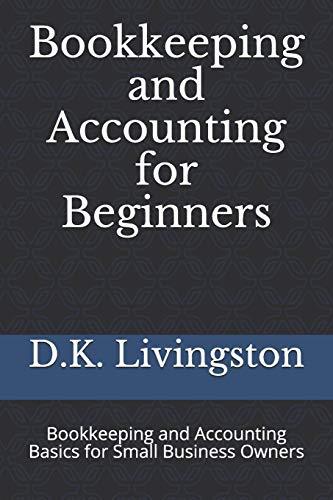Answered step by step
Verified Expert Solution
Question
1 Approved Answer
The following situations represent errors and frauds that could occur in financial statements. State how the ratio in question would compare (higher, equal, or lower)
The following situations represent errors and frauds that could occur in financial statements.
State how the ratio in question would compare (higher, equal, or lower) to what the ratio should have been had the error or fraud not occurred.
The company recorded fictitious sales with credits to sales revenue accounts and debits to accounts receivable. Inventory was reduced, and cost of goods sold was increased for the profitable sales. Is the current ratio higher than, equal to, or lower than what it should have been?
The company recorded cash disbursements by paying trade accounts payable but held the checks past the year-end date, meaning that the disbursements should not have been shown as credits to cash and debits to accounts payable. Is the current ratio higher than, equal to, or lower than what it should have been? Consider cases in which the current ratio before the improper disbursement recording was (1) higher than 1:1, (2) equal to 1:1, and (3) lower than 1:1.
The company uses a periodic inventory system for determining the balance-sheet amount of inventory at year-end. Very near the year-end, merchandise was received, placed in the stockroom, and counted, but the purchase transaction was neither recorded nor paid until the next month. What was the effect of this on inventory, cost of goods sold, gross profit, and net income? How were these ratios affected compared to what they would have been without the error: current ratio [remember three possible cases from part (b)], gross margin ratio, cost of goods sold ratio, inventory turnover, and receivables turnover?
The company is loath to write off customer accounts receivable even though the financial vice president makes entirely adequate provision for uncollectible amounts in the allowance for bad debts. The gross receivables and the allowance both contain amounts that should have been written off long ago. How are these ratios affected compared to what they would have been if the old receivables had been properly written off: current ratio, days sales in receivables, doubtful account ratio, receivables turnover, return on beginning equity, and working capital/total assets?
Since last year, the company has reorganized its lines of business and placed more emphasis on its traditional products while selling off some marginal businesses merged by the previous management. Total assets are 10 percent less than they were last year, but working capital has increased. Retained earnings remained the same because the disposals created no gains, and the net income after taxes is still near zero, which is the same as last year. Earnings before interest and taxes (EBIT) remained the same, a small positive EBIT. The total market value of the companys equity has not increased, but that is better than the declines of the past several years. Proceeds from the disposals have been used to retire long-term debt. Net sales have decreased 5 percent because the sales decrease resulting from the disposals has not been overcome by increased sales of the traditional products. Is the discriminant Z-score of the current year higher or lower than the one of the prior year?
Step by Step Solution
There are 3 Steps involved in it
Step: 1

Get Instant Access to Expert-Tailored Solutions
See step-by-step solutions with expert insights and AI powered tools for academic success
Step: 2

Step: 3

Ace Your Homework with AI
Get the answers you need in no time with our AI-driven, step-by-step assistance
Get Started


